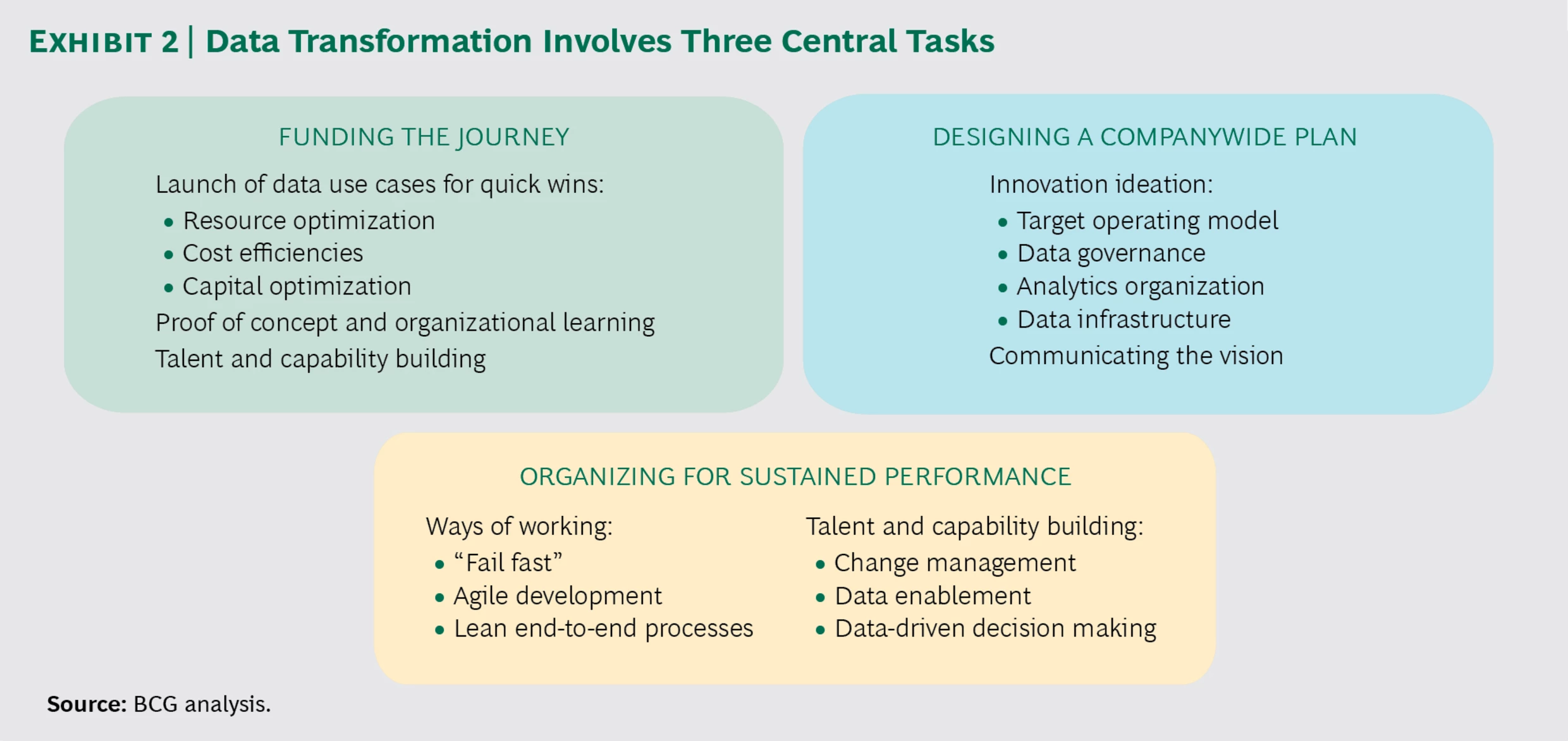In many ways the IIoT (Industrial Internet of Things) gives manufacturers insight into their current and future operations and allows them to intervene and make desirable changes in real-time. Undoubtedly, IIoT adoption gives manufacturers numerous advantages and early adopters are finding competitive advantage.
IIoT manufacturing competitive advantage relies on the connectivity it offers within a plant and with third parties such as suppliers and customers. With front line workers, supervisors, and upper management having access to the same data, communication flows much easier and actions can be taken much faster. Digital connectivity and cloud-sharing of data allows for the management of operations from any place and at any time, which increases efficiencies and decreases response time. Machine-machine connectivity also increases efficiencies by increasing precise and reliable automation, alerting the workforce when deviations or defects occur and providing the ability to act upon data delivered directly from machines. Connection is the key to all the advantages and benefits that the IIoT can provide.
The way manufacturers take advantage of this connectivity is through data. The collection and analysis of data is what lets manufacturers find patterns, discrepancies, and opportunities for improvement and take action. IIoT technology is capable of collecting information in real-time and presenting decision-makers with metrics (KPIs) and visualizations (graphs, tables, etc) so that supervisors and operations managers can make better, more informed decisions.
IIoT and Continuous Improvement
Real-time data collection is particularly helpful in Continuous improvement efforts. Real-time data makes it easier for manufacturers to set up a Continuous Improvement plan where both workers and operations managers work together to reduce waste and optimize processes. Sensors and applications that show important metrics in a way that are easy to interpret help manufacturers understand their equipment and performance better and prioritize corrective actions accordingly.
Overall, IIoT implementations allow manufacturers to make better and faster informed decisions, transforming their management style from one that is reactive to one that is proactive.
Are you a continuous improvement practitioner or is your company interested in accelerating your continuous improvement program? Speak to a solutions consultant today!















